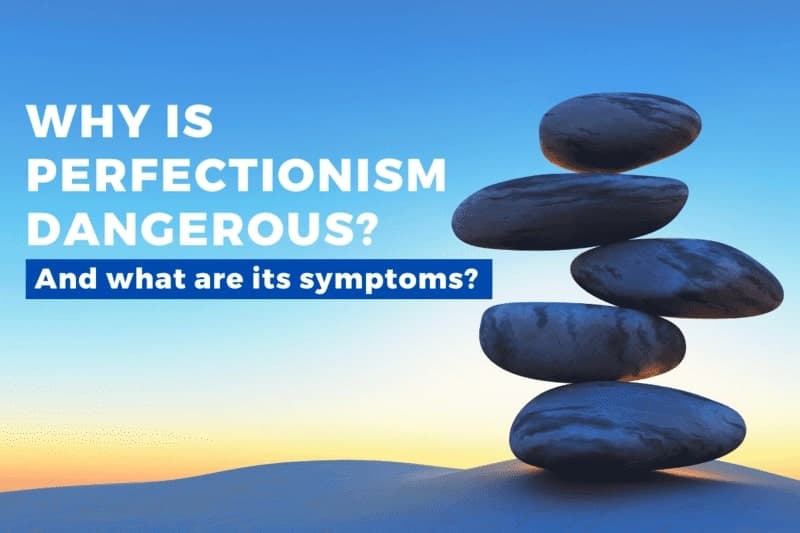Why is Perfectionism dangerous and what are perfectionist symptoms?


Although perfectionism is generally viewed as a good feature that enhances your chances of success, it may also lead to self-defeating attitudes or habits that make it more difficult to attain your objectives. It has also been linked to stress, anxiety, depression, and other mental health problems. Those who strive for perfection out of emotions of inadequacy or failure may find that talking to a therapist at any psychiatric hospital in Mumbai is beneficial. This may frequently help people handle excessive self-criticism.
Perfectionism has an impact on both adults and children. Children and teenagers are constantly pressured to do well in school and extracurricular activities such as sports, clubs, community service, and employment. This may develop into an obsession until the dangers of perfectionism are very obviously seen. Finally, it may hinder one's ability to achieve anything at all.

What are some of the indications and symptoms of neurotic perfectionism?
It's a good thing to have a strong desire to achieve. An irrational desire to be perfect all of the time, on the other hand, might cause problems. You may be suffering from perfectionism if you do any of the following:
- struggle to relax and share your thoughts and feelings
- become very controlling in your personal and professional relationships
- become obsessed with rules, lists, and work, or alternately, become extremely apathetic
- procrastinating regularly
Perfectionism based on personal standards:
This form of perfectionism involves adhering to a set of criteria that motivates the person. Others may still think these standards are lofty, but they inspire the person who sets them. Perfectionism of this sort is regarded to be beneficial because it does not cause undue stress or burnout. People who have high personal standards are less prone to develop hazardous behaviours to cope with the stress that perfectionism causes and may result in a meeting with a psychiatrist at a mental hospital in Ahmedabad. This form of perfectionism exists only when a person's objectives make them feel motivated rather than overwhelmed or frightened.
Self-critical perfectionism:
This sort of perfectionist is more likely to be intimidated than driven by the objectives they set for themselves. They may feel despondent or as though their ambitions will never be realized. Self-critical perfectionism, according to research, is more likely to lead to negative feelings including discomfort, avoidance, anxiety, and self- condemnation.
Perfectionism that is socially prescribed:
This form of neurotic perfectionism was defined in a 2014 York University research as the demand for excellence that is often put on those who work in occupations that need great accuracies, such as attorneys, medical professionals, and architects. These workers had more dismal thoughts, were more stressed, and had a greater risk of self- harm and suicide.
People who have a track record of great performance may feel a lot of pressure to live up to their previous accomplishments. As a result, they frequently indulge in perfectionistic conduct. Children who are regularly complimented for their achievements may feel pressured to achieve even more as they grow older, which can lead to perfectionistic attitudes.
If you believe you have perfectionism qualities that are causing you every day misery, remember that you can modify your perfectionistic behaviour and routines. Jagruti rehabilitation centre is a psychiatric hospital in Pune & Mumbai that hosts the best psychiatrists that are qualified to assist you with their expertise. Live a relaxed life ahead and one that is free of inhibitions.
Book a Confidential Consultation with Our Experts
Our team of medical professionals is there to hear and guide you towards the right treatment plan. Get the right professional advice, instant support and confidential consultations with recovery plans especially tailored to your needs.











